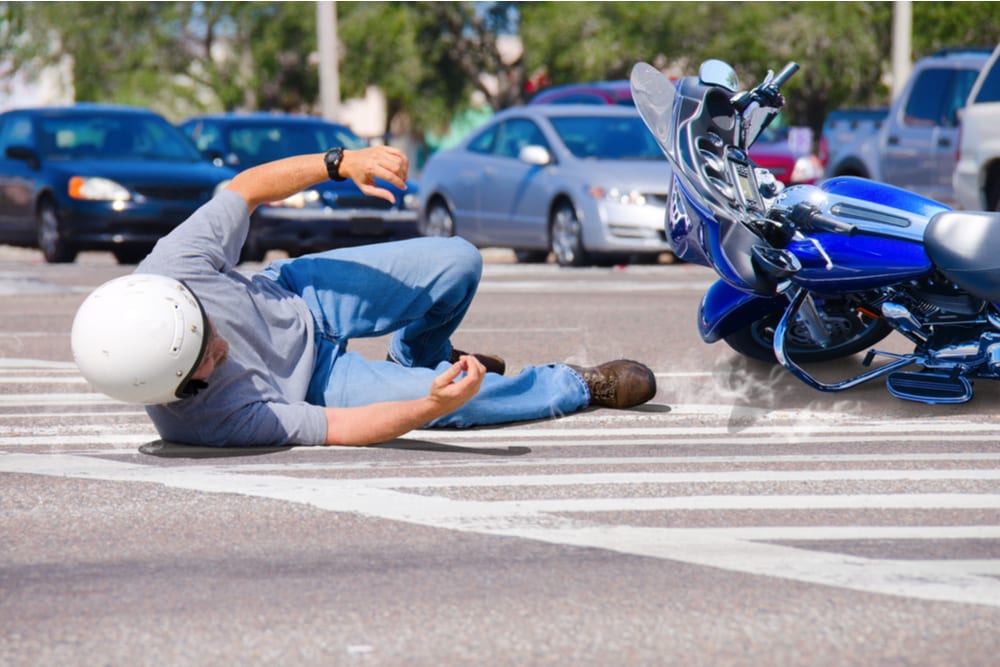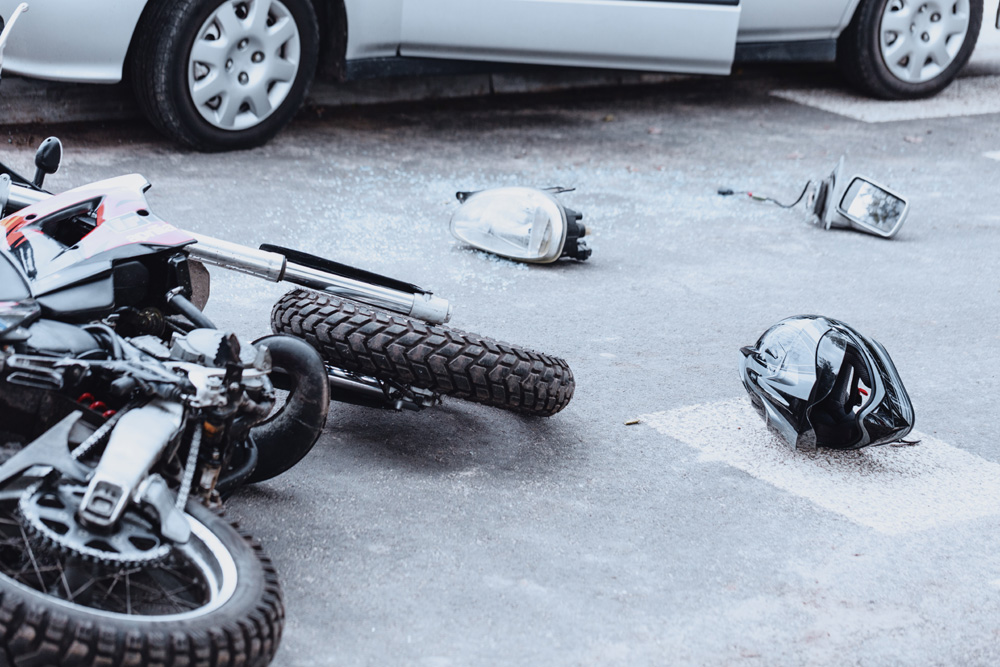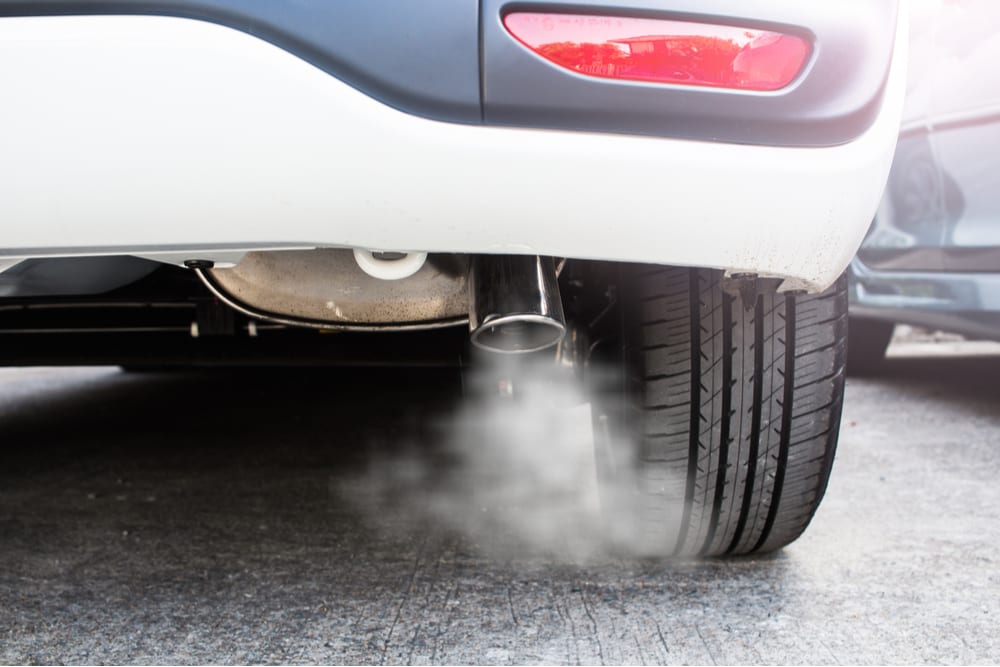Florida is a paradise for many motorcycle riders. With sunny skies all year long, beach views, pristine countrysides, and endless orange groves, there are so many things to love about motorcycling in the Sunshine State. Still, despite its many delights, there are also risks involved when riding a motorcycle.
According to the National Highway Traffic Safety Administration (NHTSA), motorcycle fatalities are significantly overrepresented in overall traffic fatalities. In Florida, there were 550 motorcyclist fatalities in the most recent data for 2017. Nationally, there were 4,985 motorcyclist fatalities in 2018. While the number of national deaths for motorcycle riders has decreased over the years, there is still a high risk for riders in Florida.
A motorcycle accident in St. Petersburg can lead to catastrophic injuries and death. Motorcyclists have very little protection outside of a helmet and protective clothing, so the impact of a car versus motorcycle accident can result in painful and life-altering injuries. In Florida, there were more than 7,725 motorcycle injuries in 2017. Many of these injuries involve head trauma, broken bones, and spinal cord injuries. Almost all, however, include a certain degree of road rash.
What is Road Rash?
While road rash may sound like a minor injury, it can lead to painful and life-altering complications. The skin is the largest organ in the body, protecting us from outside bacteria and viruses. Often in a motorcycle accident, a rider is ejected from their bike, and their skin scrapes the asphalt, exposing their wounds to rocks, metal, dirt, and other debris on the road.
Road rash can be excruciating. After a motorcycle accident, road rash can affect vulnerable parts of the rider’s body, including:
- Face;
- Palms;
- Shoulders;
- Thighs;
- Knees;
- Legs.
Road rash injuries are treatable but can become exceedingly expensive and lead to permanent disfigurement and scarring. The force of the crash, along with the rider’s safety gear, determines how severe this injury can be.
Types of Road Rash
Generally, there are three types of road rash that a motorcyclist may suffer from after an accident. They include:
- Open wounds: Road rash that inflicts an open wound often requires stitches or skin grafts.
- Avulsion: The most common type, avulsion, is when the skin has been scraped away, and the layers of fat, muscle, and bone become exposed.
- Compression: A rider can be trapped between their bike and the road. This compression can lead to bruising, broken bones, and muscle damage.
A motorcyclist can suffer one type or all of these road rash injuries, depending on the severity of the accident.
Degrees of Road Rash
Depending on the severity of road rash injury, it can fall into one of three categories that are known as degrees. From the mildest form to the most severe, those degrees are:
- First-degree: A minor form of road rash, a first-degree injury involves bleeding, scrapes, bruising, and redness.
- Second-degree: The top layer of the skin is torn, and the deeper levels are exposed in a second-degree road rash injury.
- Third-degree: The most severe form of road rash is a deep wound and severe abrasion that exposes a victim’s muscles, nerves, tendons, and sometimes bone.
How is Road Rash Treated After a Motorcycle Accident?
Many other injuries often accompany road rash after a motorcycle accident. Medical treatment is necessary to reduce the risk of infection, scarring, and permanent disability. Before treatment, all the debris must be irrigated and removed. Open wounds typically require stitches, and the worst cases of road rash require surgery or skin grafting. After being in a motorcycle accident, victims should seek medical treatment immediately to prevent long-term complications.
First-Degree Road Rash Treatment
The least severe form of road rash can often be treated at home after receiving medical attention. This minor abrasion, sometimes called a “raspberry”, often heals within two weeks with proper care. If your injuries are minor and you decide to address them at home, be sure to include the following steps:
- Wash your hands to prevent the spread of infection;
- Clean your wound and rinse with lukewarm water;
- Cover the scrape with antibiotic ointment;
- Apply dressing as a barrier to infection.
You will want to repeat these steps and change the dressing daily while keeping the wound hydrated with antibiotic ointment. Although this is the mildest form of road rash, it can still inflict intense pain. If you’re unable to remove all of the dirt and debris, seek medical attention immediately to prevent infection.
Second-Degree Road Rash Treatment
While second-degree road rash does not tear to the muscles and other lower-level tissue beneath the skin, the risk is that debris may become embedded in the wound. A doctor will clean the injury, apply antibiotic ointment, and a dressing. This road rash level always requires medical treatment to prevent infection and reduce the chance of permanent scarring.
Third-Degree Road Rash Treatment
A third-degree road rash requires emergency medical attention. The wound is deep and cuts through to the epidermis and dermis, damaging the muscles, tendons, tissues, ligaments, nerves, veins, bones, and internal organs beneath the skin. If left untreated, this can be fatal. There is usually significant bleeding and a high risk of infection with third-degree road rashes. Treatment may require surgery and sometimes skin grafts to repair the skin.
Contact St. Pete’s Trusted Motorcycle Attorney After an Accident
A motorcycle accident can cause severe injuries to a rider. Treating road rash can be a long and painful process. Even with expert medical care, victims can suffer long-term scarring and emotional consequences such as depression, anxiety, social isolation, and ongoing discomfort. If you were injured in a motorcycle accident in St. Petersburg because of the negligent actions of another, contact Marsalisi Law for help.
Attorney Frank P. Marsalisi of Marsalisi Law helps victims in St. Petersburg recover after an accident by providing personal attention to their injury claims. His experience and knowledge in personal injury law involving motorcycle accidents have earned him the award of 2019’s Top 3 Personal Injury Lawyers in St. Petersburg. To schedule a free consultation with Frank, complete an online contact form or call today at (727) 800-5052.
Marsalisi Law is Where Law Gets Personal.







